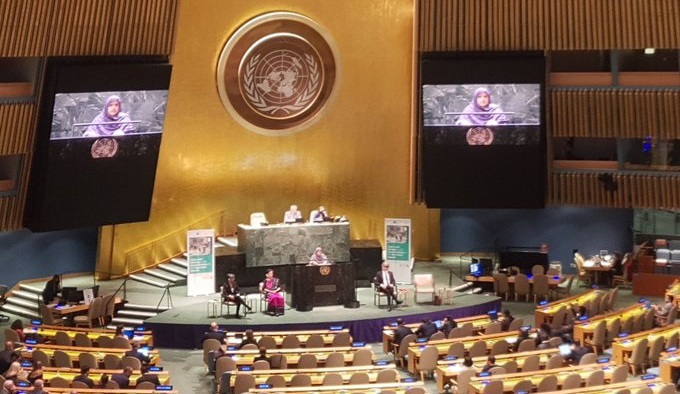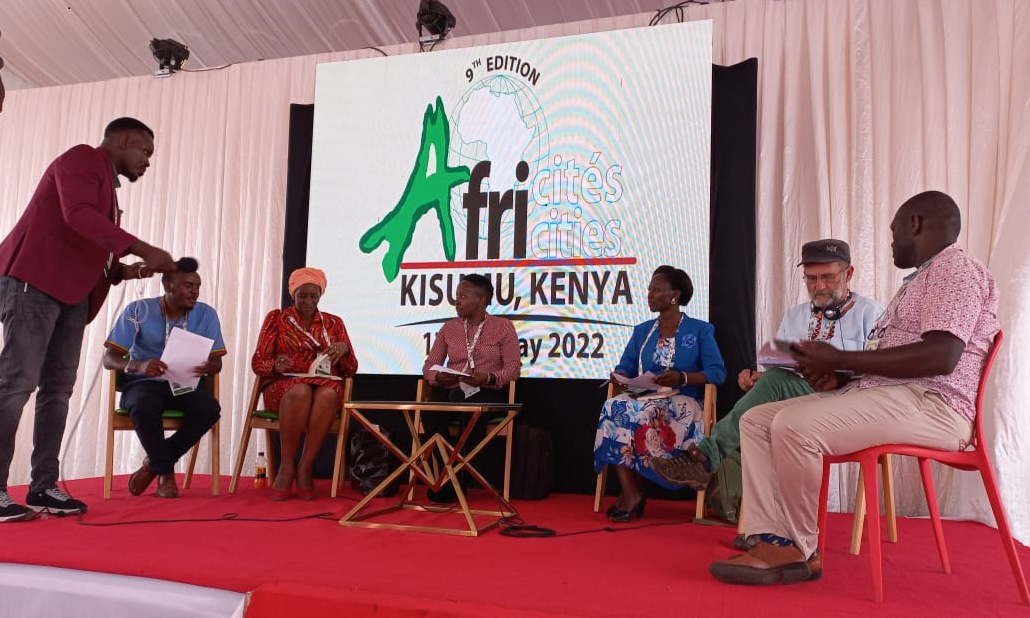LICADHO has produced some powerful and influential advocacy videos over the past two years – including video about the forced evictions in Dey Krahorm, Borei Keila, Group 78, Boeung Kak Lake, Kampong Speu, and others. Some of this footage came from community representatives throughout the country, who were trained by LICADHO to document forced evictions for its local and national advocacy work.
Much of this work however, was in the hands of a talented few. It was our joint decision to train more staff in video advocacy to support LICADHO’s commitment of addressing forced evictions in Cambodia.
It’s truly best practice when a training directly incorporates an ongoing campaign of an organization. In addition to classroom instruction, we conducted two field exercises with LICADHO staff. The first, far from the capital, was outside a courthouse where LICADHO was monitoring a trial of a local land dispute. The second was at the location where an HIV/AIDS affected community, forcibly evicted last year, now lives.
The video introduces you to forced evictions and then takes you through the training to explain how our organizations are using video to address these human rights abuses.
In particular, one video LICADHO produced was used to convince +100 HIV/AIDS organizations around the world – local and national organizations in Zambia, Brazil, India, Russia, China, Canada and elsewhere – to stand up for a community of HIV/AIDS affected families facing forced eviction in Phnom Penh.
To show the full extent of the human right abuses at different stages, it is extremely valuable to show what happens to a community before, during and after a forced eviction. During this training, we visited the former residents one year after they were forcibly evicted from their homes and just a few weeks after leaving the deplorable conditions of the so-called “AIDS colony” where the government sent them.
The residents now have housing provided by an international NGO – but because of the forced eviction they lost much more – including their jobs and access to their schools and hospitals. What you think this says about “what is ‘adequate housing?’” Is it more than just four walls?
For an introduction to housing rights, visit Housing is a Human Right.



